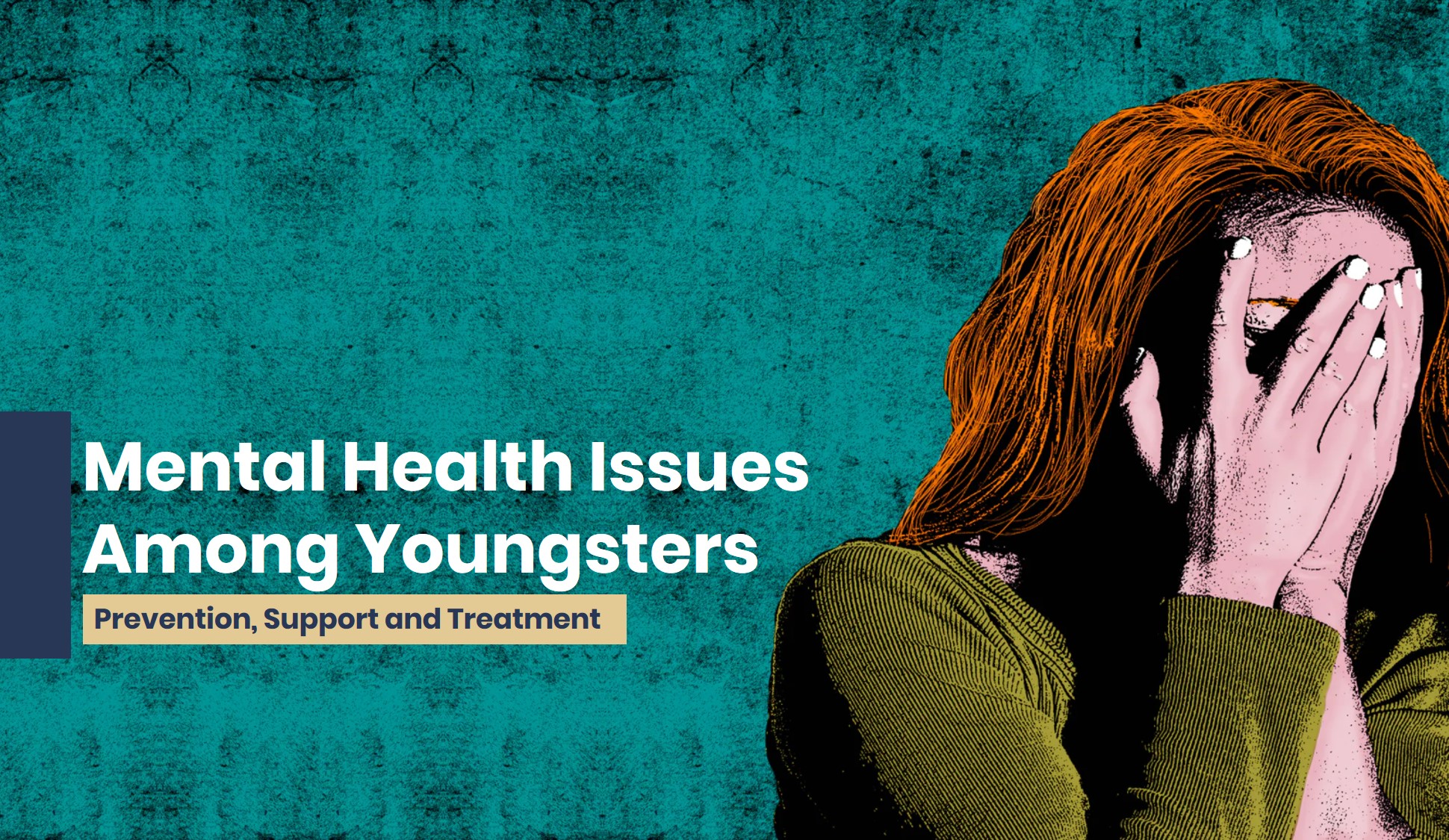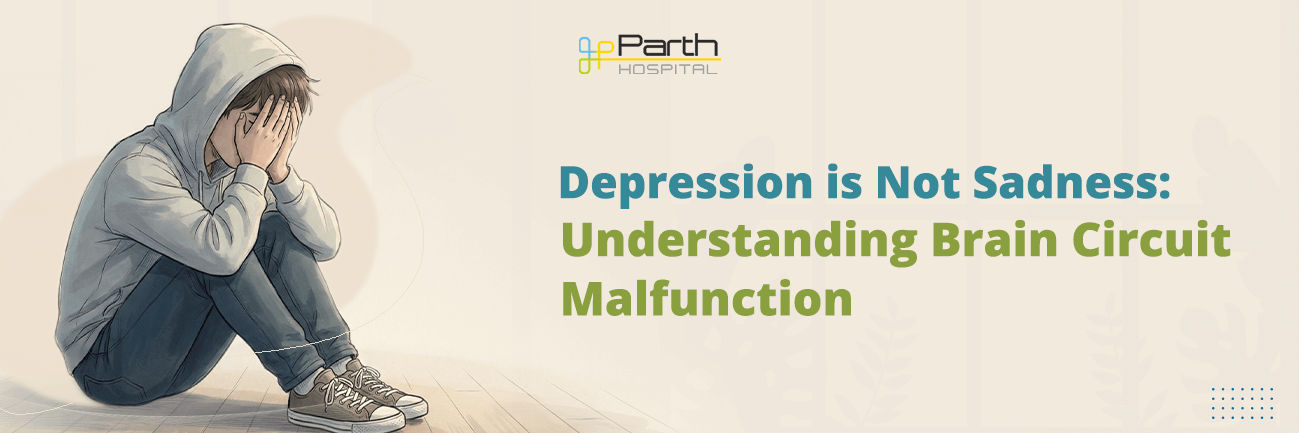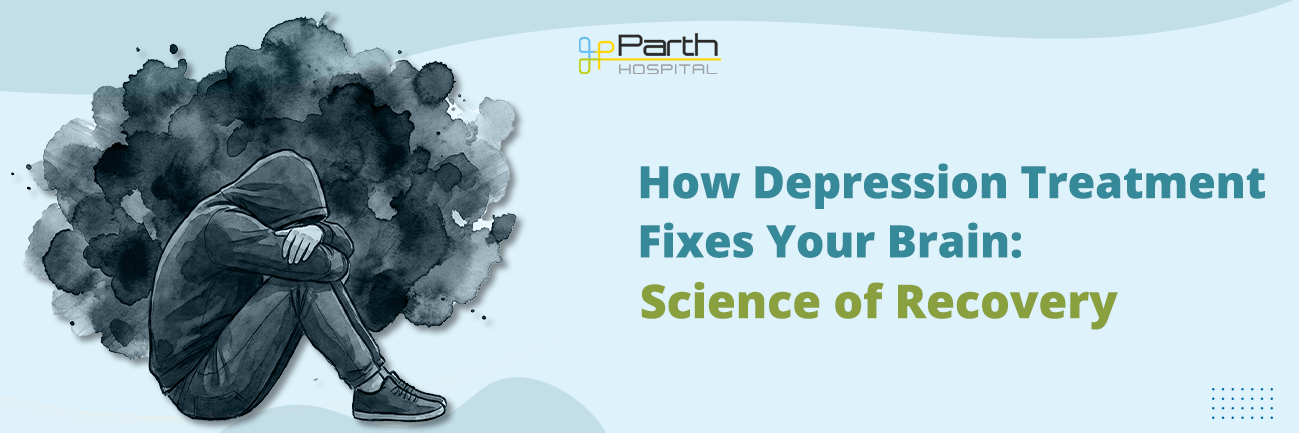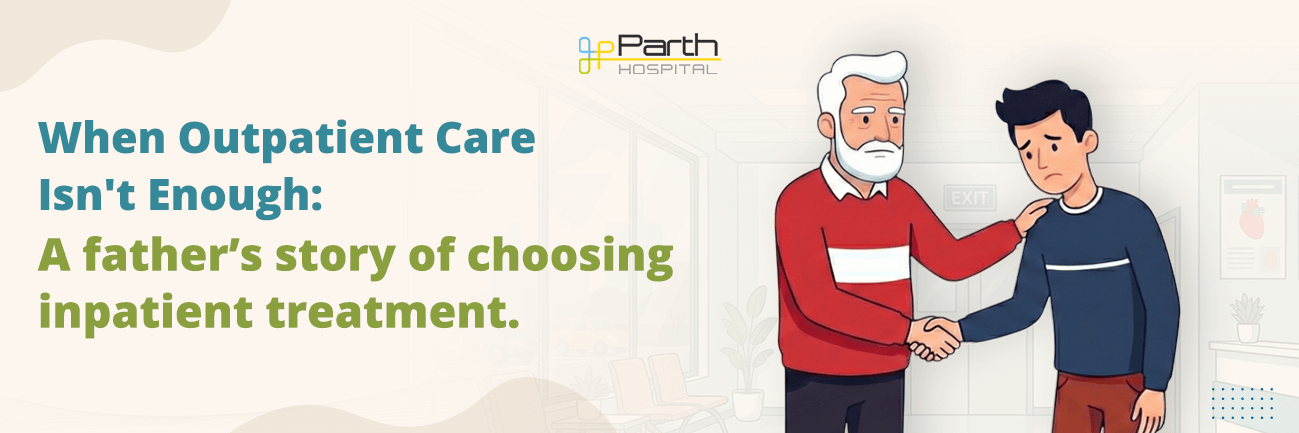Youngsters can be the most vulnerable when it comes to mental health concerns. The COVID-19 pandemic and its economic consequences have had an impact on the mental health of people of all ages, including teens, with continued distance learning, work from home, isolation and limited sports and activities.
Multiple physical, emotional and social changes, including exposure to poverty, abuse, or violence, can make adolescents vulnerable to mental health problems. Some young generations are at greater risk of mental health conditions due to their living conditions, stigma to consulting a psychiatrist or mental health specialist, discrimination or lack of access to psychiatric treatments.
However, a preventive measure, timely mental health support and mental health treatment can really make a difference. The more risk factors youngsters are exposed to, the greater the potential impact on their mental health. Even World Health Organization (WHO) recommends for implementing preventive psychosocial interventions among youth to help avert or minimize the potential long-term impacts of mental health conditions.

Emotional Disorders
Emotional disorders are very common among youngsters. Apart from depression and anxiety, an emotional disorder can make them experience excessive irritability, anger and frustration, resulting with rapid and unexpected changes in mood and emotional outbursts.
QUICK FACT: Globally, depression is fourth leading cause of mental illness among youngsters.
All these mental health issues can lead to social withdrawal, isolation and loneliness. At its worse, depression can lead to suicide.
[Having suicidal thoughts? Talk to us now]
Risk-taking Behaviours
Many risk-taking behaviours for health, such as substance use or sexual risk taking, start during this phase. This happens due to unhelpful strategy to cope up the poor mental health or lack of support from mental health specialist/psychiatrist.
The use of tobacco, addiction to substances like cannabis are additional concerns. Many adult smokers have their first cigarette prior to the age of 18 years. When this habit becomes so important that other important jobs, social functions and daily routine is disturbed by them, it is known as addiction.
SEE ALSO: Know more about addiction and de-addiction treatment & consultation.
Mental Health Prevention & Awareness
Mental health prevention is often used to refer to efforts to stop mental health problems before they emerge. Basically, it can be classified in two ways:
Primary Prevention – stopping mental health problems before they start
It’s time to take action to prevent mental health problems from occurring. This can be achieved by increasing social, professional, and political awareness of advancements and the importance of mental health prevention and promotion.
Secondary prevention: supporting those at higher risk of experiencing mental health problems
Supporting those at higher risk of mental health problems by providing targeted help and support from a mental health specialist or consulting a psychiatrist.
Mental Health Treatment
If you have a mild mental illness with well-controlled symptoms, treatment from your primary care provider may be sufficient. Your treatment depends on the type of mental illness you have, its severity and what works best for you.
Medications – Although psychiatric medications don’t cure mental illness, they can often significantly improve symptoms. Psychiatric medications can also help make other treatments, such as psychotherapy, more effective.
Psychotherapy – also called talk therapy, involves talking about your condition and related issues with a mental health professional. During psychotherapy & counselling, you learn about your condition and your moods, feelings, thoughts and behavior.
Neuro-stimulation treatments – are sometimes used for depression and other mental health disorders. They’re generally reserved for situations in which medications and psychotherapy haven’t worked. Treatment includes Repetitive Transcranial Magnetic Stimulation (rTMS), Transcranial Direct Current Stimulation (tDCS), Brief Pulse Therapy (BPT/ECT), etc.
Looking for mental health specialist in Ahmedabad? Or best psychiatrist in Ahmedabad?
Parth Hospital has been consistently working to provide the highest quality of comprehensive mental health care to the society. Dr. Parth Goyal and Dr. Priyal Goyal helps you with the best psychiatric treatment in Ahmedabad with experience & evidence-based treatment.







